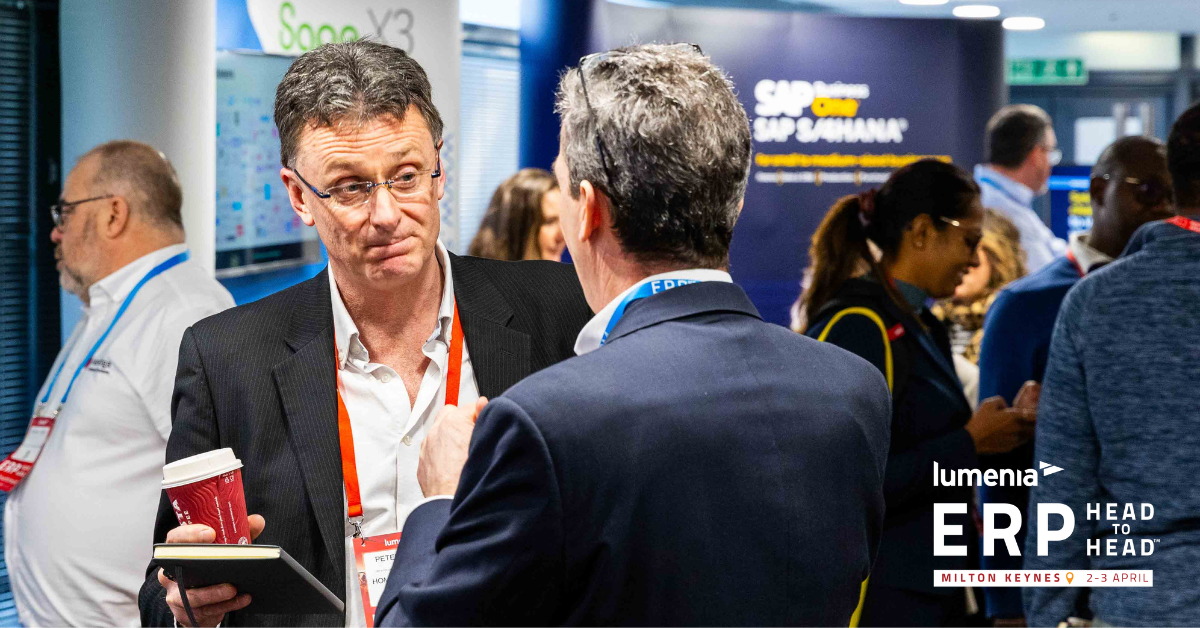Financials, supply chain, HR and recruiting all see automation boost from intelligent process automation and machine learning across integrated Oracle SaaS suite.
Oracle made its case for leading the tech industry push for “intelligent” ERP with a fresh crop of Oracle AI applications, chatbots and integrations to automate commonly used business processes that cross modules of its cloud suite. The company also unveiled four blockchain applications for what some might consider the blockchain killer app: traceability of goods through the supply chain.

Highlights from the Oracle AI and process-automation announcements at the OpenWorld 2018 conference this week include:
- intelligent payments and supplier recommendations, which are new Oracle AI features that analyze supplier data to spot financial opportunities, such as deals to encourage early payment or ways to optimize the procure-to-pay process;
- Expense Reporting Assistant, a chatbot Oracle said will simplify expense reporting for users and improve financial controls and audit compliance;
- smart sourcing and best-fit candidate software that uses machine learning to analyze applicants and try to predict their likelihood of accepting a job offer, eventual performance and tenure; and
- an HR “concierge” and chatbots to streamline employee self-service and free up HR staff time.
Oracle also bolstered its cloud human capital management (HCM) suite with two-way integration to LinkedIn that, among other things, gives employees the option of exposing their LinkedIn profiles to internal systems for such HR functions as performance management and career planning.
Stacey Harris, vice president of research and analytics at Sierra-Cedar, a consulting firm, said the LinkedIn integration is more seamless than similar offerings from Oracle rivals SAP and Workday. Those LinkedIn integrations “tend to be one-way,” she said.
In addition, Oracle AI machine learning tools were added to automate procedures for employee contract management and spot anomalies in HCM processes that might indicate risks, such as fraudulent payments or regulatory noncompliance.
Also new: HCM Design Studio, which gives HR departments more ways to personalize the user interface into Oracle HCM Cloudservices.
With the introductions, Oracle is trying to apply robotic process automation (RPA) more broadly, said Juergen Lindner, senior vice president of product marketing for SaaS in the Oracle cloud business group. “It’s really about how can we use machine learning specifically at large to help redefine business processes so that organizations can redeploy employees to [handle] more strategic and rewarding work,” he said.
Oracle may be outpacing ERP rivals
The new Oracle AI products for HR are “kind of exciting,” said Kelly Sterman, a project manager in the HR department at BJC HealthCare, a 15-hospital healthcare provider based in St. Louis. Her organization runs PeopleSoft, the on-premises HCM platform Oracle acquired in 2005, but is considering moving to Oracle HCM Cloud.
“Employees are kind of expecting the same experience that they have in the marketplace,” Sterman said. “Sometimes you want to just go on your phone. … Our employees would love to do the same thing [with HR questions] and get answers in real time whenever they want to. We’re a healthcare organization, so we’re 24/7. You may have a nurse on the night shift. When they’re working they want their answer now, not having to wait until 8 a.m. the next morning for a call center to open up.”
Care providers might have only five minutes to squeeze in HR tasks and can’t easily get to a phone for a private conversation. “A bot would certainly make that a little bit faster and provide our employees some more privacy,” Sterman said.
New apps for Oracle Blockchain Cloud Service
At OpenWorld 2018, the vendor also introduced four applications to that run on the Oracle Blockchain Cloud Service, which it shipped over the summer.
The new apps include the following:
- Intelligent Track and Trace, which creates a digital trail of goods and transactions during procurement, manufacturing and transportation;
- Lot Lineage and Provenance, for managing serial numbers that record the origin and authenticity of product components, which can help with regulatory compliance, recalls and fraud prevention;
- Intelligent Cold Chain, for monitoring and tracking refrigerated products, such as pharmaceuticals and food; and
- Warranty and Usage Tracking, for managing the use of high-value assets and providing a log that helps with warranty and insurance claims.
Oracle trotted out early adopters of the blockchain applications, including a local brewer that demonstrated electronic tracing of the ingredients in beer served at the conference.




